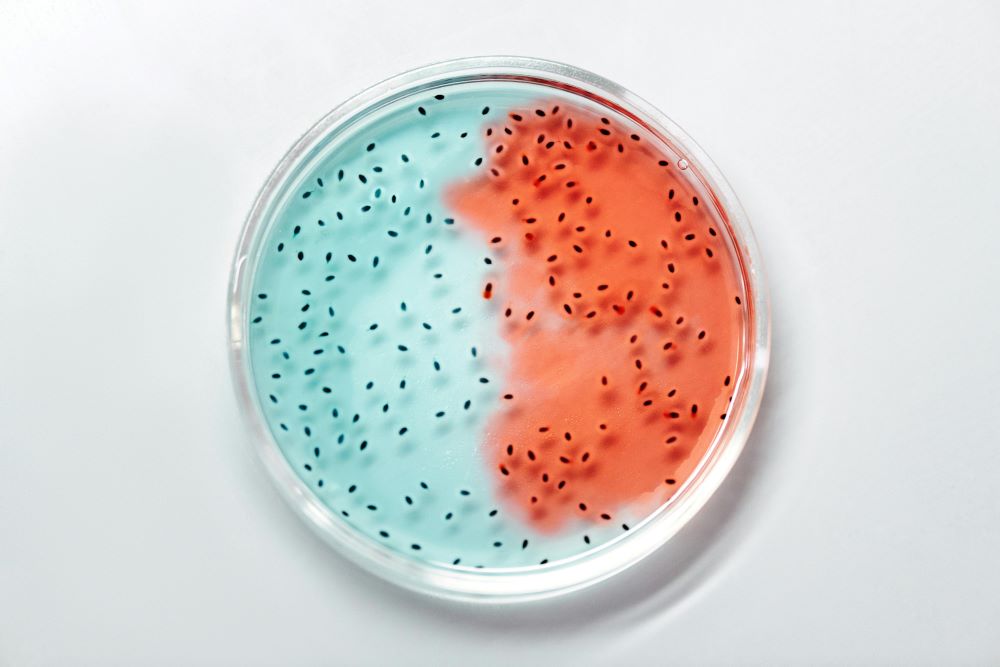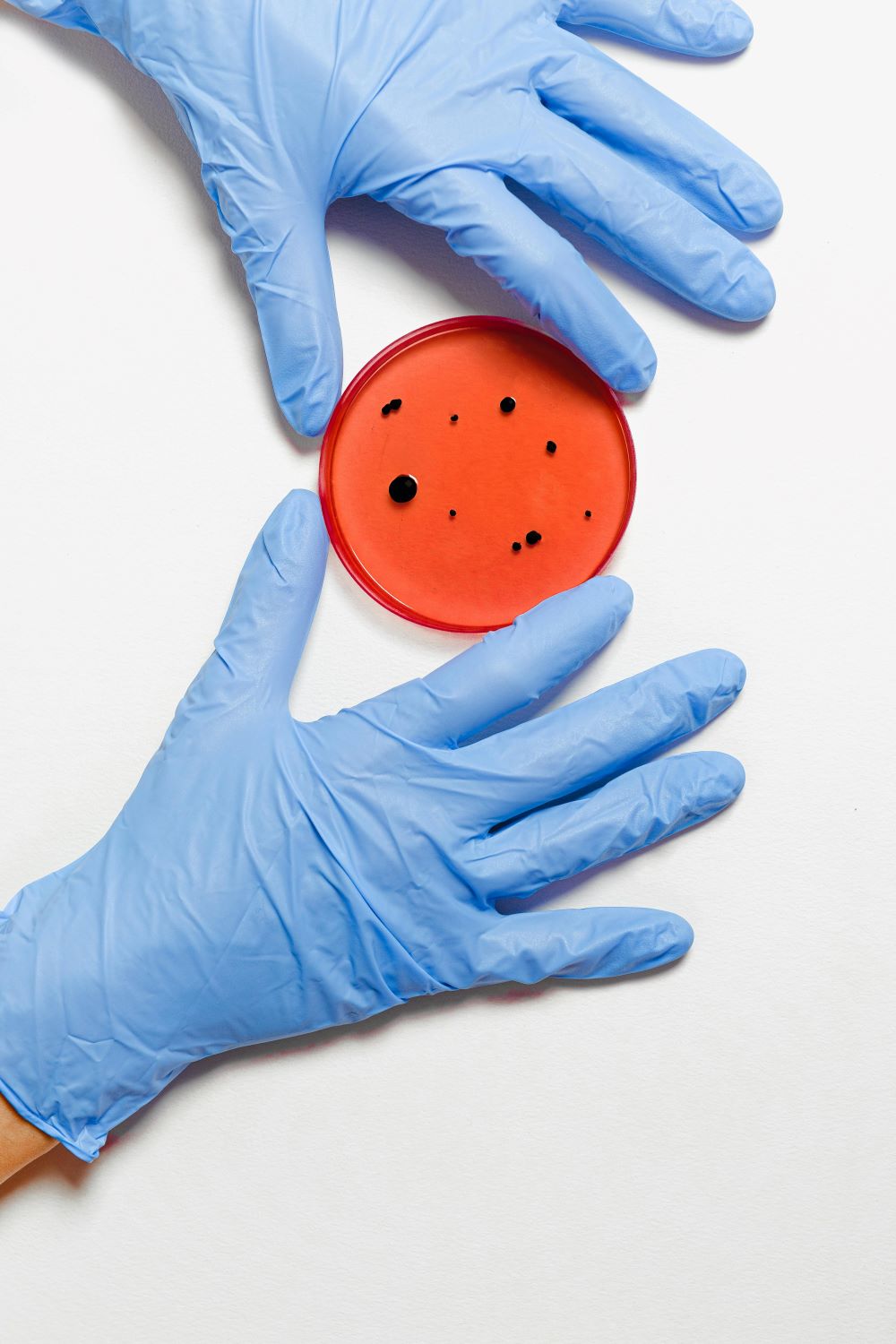Immunity-enhancing antibodies could hold the key to combating drug-resistant Klebsiella pneumoniae infections.
A recent study published in Nature Communications highlights groundbreaking research into how specific antibody combinations can enhance complement activation, which may be essential in the fight against drug-resistant Klebsiella pneumoniae (K. pneumoniae) infections. This bacterium, a common cause of hospital-acquired infections, is notoriously difficult to treat due to its rapidly evolving resistance to antibiotics. In 2019 alone, K. pneumoniae was responsible for over 700,000 deaths related to antibiotic resistance, making it a critical public health threat.
K. pneumoniae has a complex outer membrane structure, with the lipopolysaccharide (LPS) playing a key role in its defense mechanisms. The LPS membrane includes a lipid A component and a core oligosaccharide region that anchors an O-antigen polysaccharide chain. This O-antigen, which is composed of repeating sugar molecules, is significant because different O-types—such as O1, O2, and O3—are linked to most clinical infections. These O-types are crucial in determining how the bacterium interacts with the immune system. Additionally, K. pneumoniae possesses a polysaccharide capsule that comes in over 70 identified types, further complicating the immune system’s ability to combat it.
Those infected with K. pneumoniae often have compromised immune systems, but most still have a functioning complement system – the body’s first line of defense against bacterial infections. This system is responsible for identifying and eliminating bacteria by binding to them and triggering their destruction through immune cells. This study marks the first time the specific bacterial antigens that trigger an effective complement response have been clearly identified.

Researchers focused on using memory B-cells (mBCs), which are responsible for recognizing bacterial antigens, to identify human monoclonal antibodies (mAbs) that could target multiple antigens on K. pneumoniae. Traditional approaches typically target a single antigen, but by focusing on multiple antigens simultaneously, researchers hoped to observe a more robust immune response. The team used advanced fluorescent labeling techniques to mark K. pneumoniae bacteria and isolate B-cells from healthy individuals that could recognize and bind to the bacteria. Only a small fraction of these B-cells (approximately 0.05%) were found to be double-positive for the fluorescent markers, indicating they recognized multiple bacterial antigens.
The B-cells were then sorted and analyzed for their ability to bind to two clinical K. pneumoniae strains, KpnO1 and KpnO2, both of which are multidrug-resistant. The team isolated several antibodies, 17 of which bound to KpnO1 and 12 to KpnO2. These antibodies were then tested for their ability to trigger complement activation, a key part of the immune response. The study found that complement activation did not happen in all cases. Instead, it was dependent on the specific antigen being targeted.
Additionally, 12 antibodies were detected that targeted the O2-antigen and successfully triggered complement activation. In contrast, antibodies targeting the bacterial capsule were less effective at initiating this response. However, researchers were able to introduce mutations that clustered these antibodies more effectively, leading to complement activation in both K. pneumoniae and Streptococcus pneumoniae.
The team also found four antibodies that effectively recognized the O1-antigen, a conserved epitope found in various K. pneumoniae strains. These antibodies cross-reacted with all O1 strains tested, suggesting that they could be used in treatments targeting a broader range of K. pneumoniae infections. The complement-activating antibodies enabled deposits of C3b, a protein in the complement system, onto the bacterial surface, promoting phagocytosis and elimination of the bacteria by human neutrophils.
The results of this research provide insight into the possible use of antibodies to treat multidrug-resistant K. pneumoniae infections. By demonstrating that specific combinations of antibodies can improve the complement system’s response, this offers hope for developing new, effective treatment options.


Join the conversation!